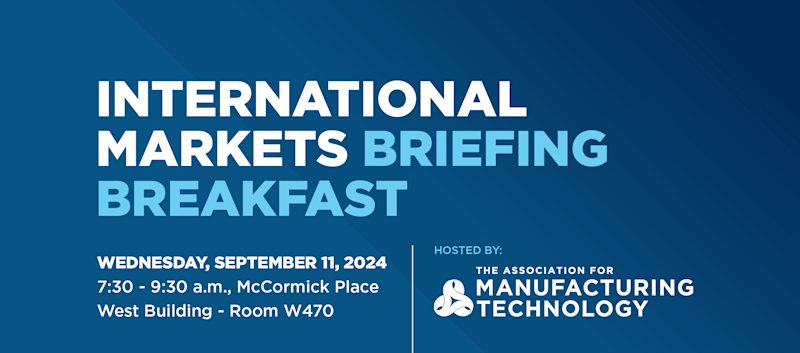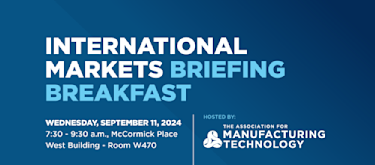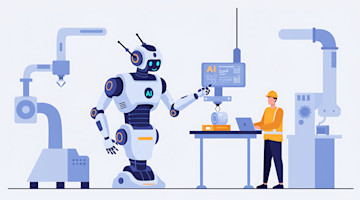This month, we'll focus on the situation of the European industry, particularly in Germany and Switzerland. Recent data shows a decline in orders and activity in some areas, but there are also signs of stability and potential recovery.
The German Federal Statistical Office reported that the manufacturing industry's order backlog in Germany decreased for the sixth consecutive month in June 2024. The value of unfilled orders, adjusted for price, was 0.2% lower than in May and 6.2% lower than in June of the previous year. Key sectors such as machinery and automotive experienced significant declines, with the automotive sector facing its 17th consecutive monthly drop. However, domestic orders saw a slight increase of 0.6% for the first time since February, while foreign orders fell by 0.7%. Despite these trends, the backlog of orders still corresponds to a production period of over seven months.
On a more positive note, the German industry reported a 3.9% increase in new orders in June, marking the first rise in 2024 after five consecutive months of decline. This increase surpassed analysts' expectations, who had predicted a much smaller growth of 0.5%. However, compared to the previous year, the volume of new orders dropped by 11.8%. Excluding large orders, the increase was still notable at 3.3%.
According to Swissmem, the Swiss technology industry also faced challenges, with a 3.3% decline in order intake in the first half of 2024 compared to the previous year. Sales were down by 5.1%, and exports decreased by 4.5%. Despite these setbacks, 75% of Swiss technology companies plan to invest in Switzerland over the next three years, emphasizing the country's strong labor market and skilled workforce. However, the industry continues to struggle, with capacity utilization at 84.1%, below the long-term average of 86.2%, and employment slightly declining.
A few recently announced projects and investment news items are listed below.
Onsemi plans to expand silicon carbide manufacturing with a multi-year brownfield investment of up to $2 billion. The site will produce intelligent power semiconductors, which are essential for improving the energy efficiency of applications in electric vehicles, renewable energy, and AI data centers.
This investment will build on the company’s current operations in the Czech Republic, which include silicon crystal growth, silicon and silicon carbide wafer manufacturing (polished and EPI), and a silicon wafer fab. Today, the site can produce over 3 million wafers annually, including over 1 billion power devices.
Rolls-Royce is investing $72 million to accommodate an anticipated annual increase of 7%-9% in powered aircraft in service for the rest of the decade. The company predicts that engine flying hours will reach 120%-130% of mid-term levels compared to those in 2019. The expansion of engine build capacity in Derby will deliver over 40% more new engines per year from 2025 – compared with average deliveries over the last 10 years – and increase services capacity. The company plans to utilize existing engine test capabilities for civil large engines in Dahlewitz to support near-term services demand before transitioning to assembling and testing new Trent XWB-84 engines in 2026.
Hydrogen de France has just inaugurated its fuel cell manufacturing plant of more than 1 megawatt in Blanquefort, on the former Ford site. With 80% of its production intended for export, this plant aims to decarbonize heavy maritime and rail mobility as well as the production of electricity for public networks. Built in 14 months for an investment of $22 million, the 7,000-square-meter plant will produce proton exchange membrane fuel cells. HDF wants to replace the diesel engines of freight locomotives and power ships and provide clean electricity to boats at dock. Pre-series production will begin in 2025 followed by series industrialization in 2026, with a targeted capacity of 1 GW per year by 2030.
The European Semiconductor Manufacturing Company (ESMC) – a joint venture between Taiwan Semiconductor Manufacturing Company (TSMC), Bosch, Infineon, and NXP – plans to build a new microchip manufacturing plant in Dresden, Saxony. The new factory will be operating at full capacity by 2029 and is expected to produce 480,000 chips – used for automotive and industrial applications.
Nokian Tyres will invest $165 million for the construction in Romania of the world’s first plant for producing passenger car tires without emitting carbon dioxide. The Oradea factory, due to be completed in 2027, will lead to around 500 full-time jobs and will be around 100,000 square meters.
Morrow Batteries AS is opening the doors to Europe’s first major factory for lithium-iron phosphate batteries, as it ramps up production in the hunt for $140 million in government funding.
The European Investment Bank (EIB) and Haizea Wind Group, a Spanish company specializing in the manufacture of components for the wind energy sector, have signed a $38 million green loan. The loan will enable Haizea to implement advanced manufacturing technologies, automate and digitalize processes, and move forward with research and development applied to the manufacture and assembly of large metal structures for wind turbines such as wind towers, monopile foundations, and offshore wind park transition pieces.
For more information, please contact Conchi Aranguren at caranguren@AMTonline.org.
Are You an AMT Member Coming to IMTS?


For the latest industry intelligence in foreign markets and to learn more about all of AMT’s Global Resources, attend the members-only International Briefing Breakfast at IMTS 2024 on Wednesday, Sept. 11, at 7:30-9:30 a.m. For more details, contact Achilles Arbex at AArbex@AMTonline.org.






